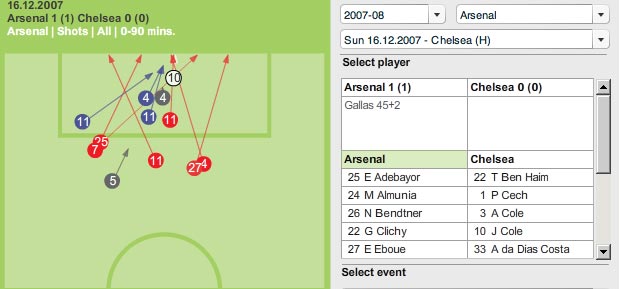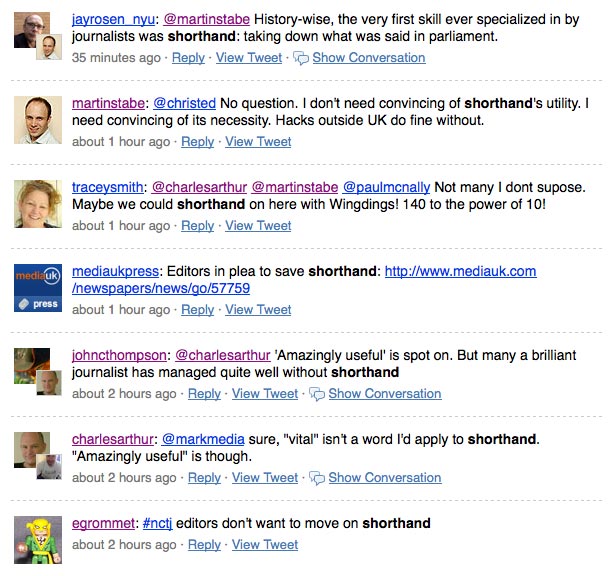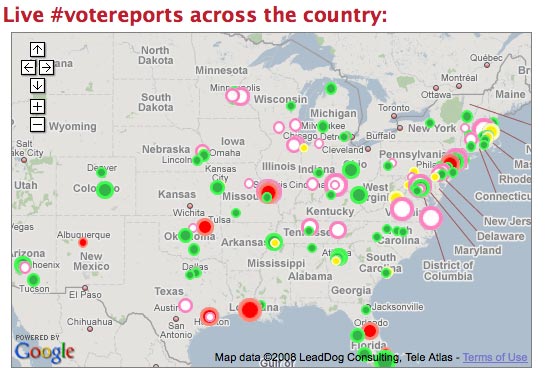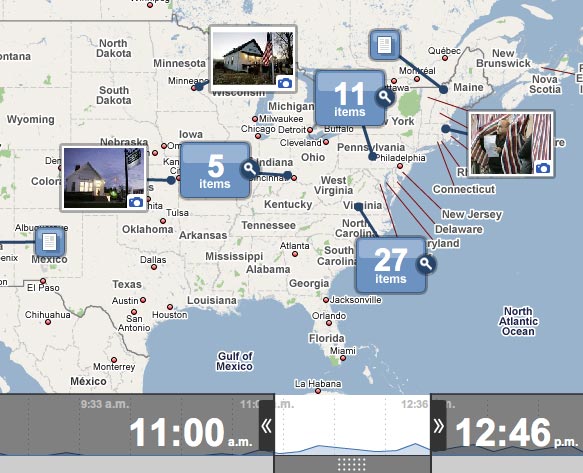In today’s MediaGuardian, City University of New York (CUNY) journalism professor Jeff Jarvis writes that that foundations will not take over newspapers, à la Scott Trust / Guardian relationship. He told Journalism.co.uk: “It is an empty hope for white knights to save news from inevitable change and business reality. But he says: “We’ll see foundation and public support able to fund a decent number of investigations.”
Yesterday, Journalism.co.uk published comments from New York University (NYU) professor, Jay Rosen, and ProPublica’s managing editor, Stephen Engelberg, as well as from Jarvis in a feature looking at the sustainability of ‘lump sum’ funded journalism – they all said that the point was not to look at ‘one solution’ but at a hybrid of funding opportunities (an issue picked up by Julie Starr here.)
US-based ProPublica, funded by the Sandler Foundation, for example, employs full-time journalists to conduct investigations which are then supplied to other media bodies. Journalism.co.uk raised the point with some of the NYJournalism interviewees (fuller features forthcoming) that similar foundation funding is a bit trickier to come by in the UK: just what would a UK version of ProPublica look like and could it be funded?
Would the equivalent of ProPublica work over here? Or, for that matter, something in the mould of Spot.Us, New America Media, the Huffington Post Investigative Fund, or the Center for Public Integrity?
Last week the Guardian’s Stephen Moss mentioned Paul Bradshaw’s new project, HelpMeInvestigate.com in his giant G2 feature on the troubled regional newspaper industry. It’s a proposal not quite on the scale of ProPublica, which has an annual operating budget of $10 million, and it’s seen success so far, making it to third stage of the (American) Knight News Challenge 2009 and it awaits news of further progress.
How about existing organisations in the UK? There’s the Centre for Investigative Journalism with its annual summer school, but it doesn’t run and supply investigations in the way ProPublica does. There’s MySociety which can help journalists with stories, but is not designed as a primarily journalistic venture.
Author of Flat Earth News, Nick Davies, has previously told the Press Gazette (which has just announced its last issue) about his idea of models of ‘mini-media’.
“It may be that we are looking at funding mini-media or a foundation that will give money to groups of journalists if they can pass the quality threshold,” Davies said at an National Union of Journalists (NUJ) event in January, as Press Gazette reported.
“The greatest question in journalism today is what will be our ‘third source’ of funding,” Davies told Journalism.co.uk last week.
“If advertising and circulation can no longer pay for our editorial operation, we have to find this third source.
“I suspect that place by place and case by case, the answer to the question will be different, a matter of wrapping up whatever package of cash is possible, using donations or grants or sponsorship or micropayments from foundations, rich individuals, local councils, businesses, NGOs, universities – anybody who can understand that the collapse of newspapers is not just about journalists losing their jobs but about everybody losing an essential source of information.
“And in an ideal world, central government would lead the way by setting up a New Media Fund to provide seed money to help these non-profit mini-media to establish themselves and to find their particular third source.”
So could a third source-funded model work? And what shape would it take? It’s a question Journalism.co.uk will continue to ask. Please share your thoughts below.



